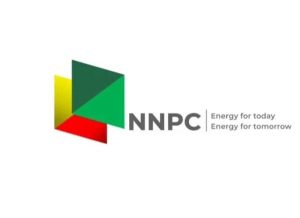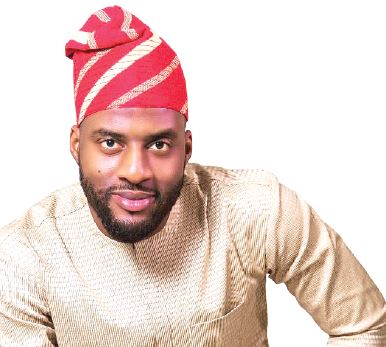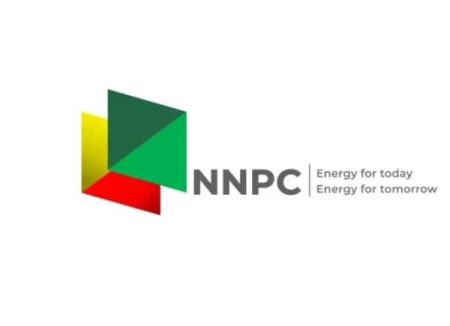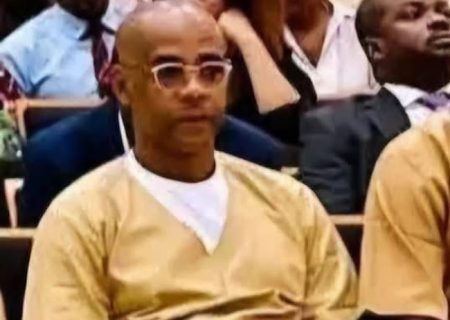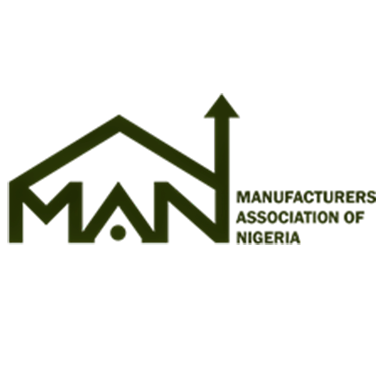The pursuit of legislative autonomy in Nigeria took center stage as Adebo Ogundoyin, Chairman of the Conference of Speakers of State Legislatures of Nigeria, met with AbdulRahman AbdulRasaq, Chairman of the Nigeria Governors’ Forum and Governor of Kwara State. This meeting, held in Ilorin, the Kwara State capital, underscored the Speakers’ Conference’s commitment to securing the governors’ support for a series of reforms aimed at enhancing the effectiveness, independence, and responsiveness of State Houses of Assembly. Ogundoyin outlined the key areas of reform, emphasizing the critical need for synergistic collaboration between governors and state legislatures to achieve these objectives.
Legislative autonomy emerged as the cornerstone of the proposed reforms. Ogundoyin stressed the importance of empowering State Houses of Assembly to operate independently and effectively, free from undue influence. This autonomy, he argued, is essential for the legislatures to fulfill their constitutional mandate of representing the interests of the people and holding the executive branch accountable. He further highlighted the need for capacity building within state legislatures, equipping lawmakers with the necessary skills and resources to effectively perform their legislative duties. This includes enhancing their understanding of complex policy issues, legislative drafting, and oversight functions.
Public accountability formed another crucial element of the reform agenda. Ogundoyin emphasized the importance of promoting transparency and accountability in the conduct of legislative business, ensuring that the legislative process is open, accessible, and responsive to the needs of the citizens. This, he argued, would foster public trust and confidence in the legislative arm of government. Furthermore, the Speakers’ Conference advocated for enhanced inter-governmental cooperation, recognizing the importance of collaborative relationships between different levels of government for effective governance.
Ogundoyin reiterated the significance of the Nigeria Governors’ Forum as a key partner in driving these institutional changes. He acknowledged that achieving meaningful reforms requires the active support and collaboration of the governors, recognizing their influence and authority within the states. He appealed for their partnership, emphasizing that a united front is essential for success. The ongoing constitutional amendment process provided another focal point for discussion. Ogundoyin underscored the importance of aligning the positions of the NGF and the Conference of Speakers, ensuring that the proposed amendments reflect current realities and strengthen Nigeria’s federal structure.
Devolution of power, fiscal federalism, and state policing emerged as key legislative proposals that the Speakers’ Conference sought the Governors’ Forum’s support for. Devolution of power aims to transfer more responsibilities and resources from the federal government to the states, enabling them to address local needs more effectively. Fiscal federalism seeks to restructure the revenue allocation system to provide states with greater control over their finances, promoting fiscal autonomy and responsibility. State policing aims to establish state-level police forces to complement the federal police, enhancing security and responsiveness to local security challenges.
Governor AbdulRasaq, in his response, reaffirmed the NGF’s commitment to strengthening democratic institutions across the country. He acknowledged the importance of collaboration between the NGF and the Conference of Speakers, expressing his support for the ongoing efforts to reform state legislatures. He also highlighted his engagement with the Speaker of the Kwara State House of Assembly, Yakubu Danladi-Salihu, emphasizing his commitment to inter-legislative collaboration and the priorities of the Conference of Speakers. This commitment reflected a broader recognition of the crucial role of state legislatures in Nigeria’s democratic system and the need for continuous improvement and strengthening of these institutions.




